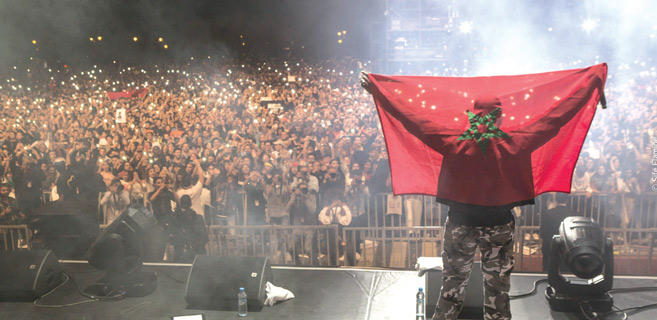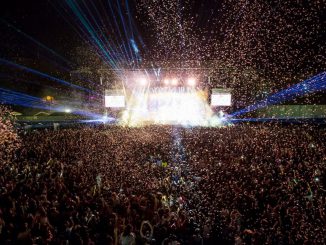
Linking culture to the economy
The setting up and implementation of support structures for cultural action, in its various aspects, is indeed not within the responsibility of the think tanks, no matter how public they may be. It is rather the policy of the State, with its strong branch, the Ministry of Culture. This is the case of the institutional and material frameworks related to the “economies of culture”, which have been the subject of a self-advisory opinion by the Economic, Social and Environmental Council. In its opinions, the EESC focuses on the “real data” of “economies of culture”.
Cultural structures with an economic focus, namely that they generate income through cultural actions or events. Culture in Morocco is not lacking in this respect. From cinema to the theater, through music, painting and plastic arts or audiovisual production, there is plenty of dedicated spaces. The number of exhibition galleries has exploded in the last 20 years and, on the surface, the plastic arts are doing well and bring their colors and liveliness to every nook and cranny of Morocco.
This dynamism is also confirmed by “the many festivals of cinema, music, theater, artistic activities, and various exhibitions and exchange fairs, spread over several regions of the kingdom, demonstrate the existence of a certain dynamism of the “economy of culture” in our country. This is particularly true since many of these operations comply with professional and productive standards”, another way of saying the economic dimension of culture, its necessary financing and its necessary profitability.
Another success within the same framework deserves to be reported, the Gnaoua festival held in Essaouira. With OCP as its official partner, which presents itself as “Partner of African Cultures”, the Gnaoua Festival is based on an economic model that combines institutional and private sponsors and ticket sales for an audience that has grown year after year.
Relying on the economic models of Mawazine and Gnaoua Festival and World Music shows the relevance of the CESE’s approach according to which “The economy of culture covers all cultural activities and exchanges subject to economic rules. This applies to the creation, production, distribution and consumption of cultural products. Among the main characteristics of economies of culture are their dual nature: economic (production of wealth and employment) and cultural (production of values and meaning)”.




Be the first to comment